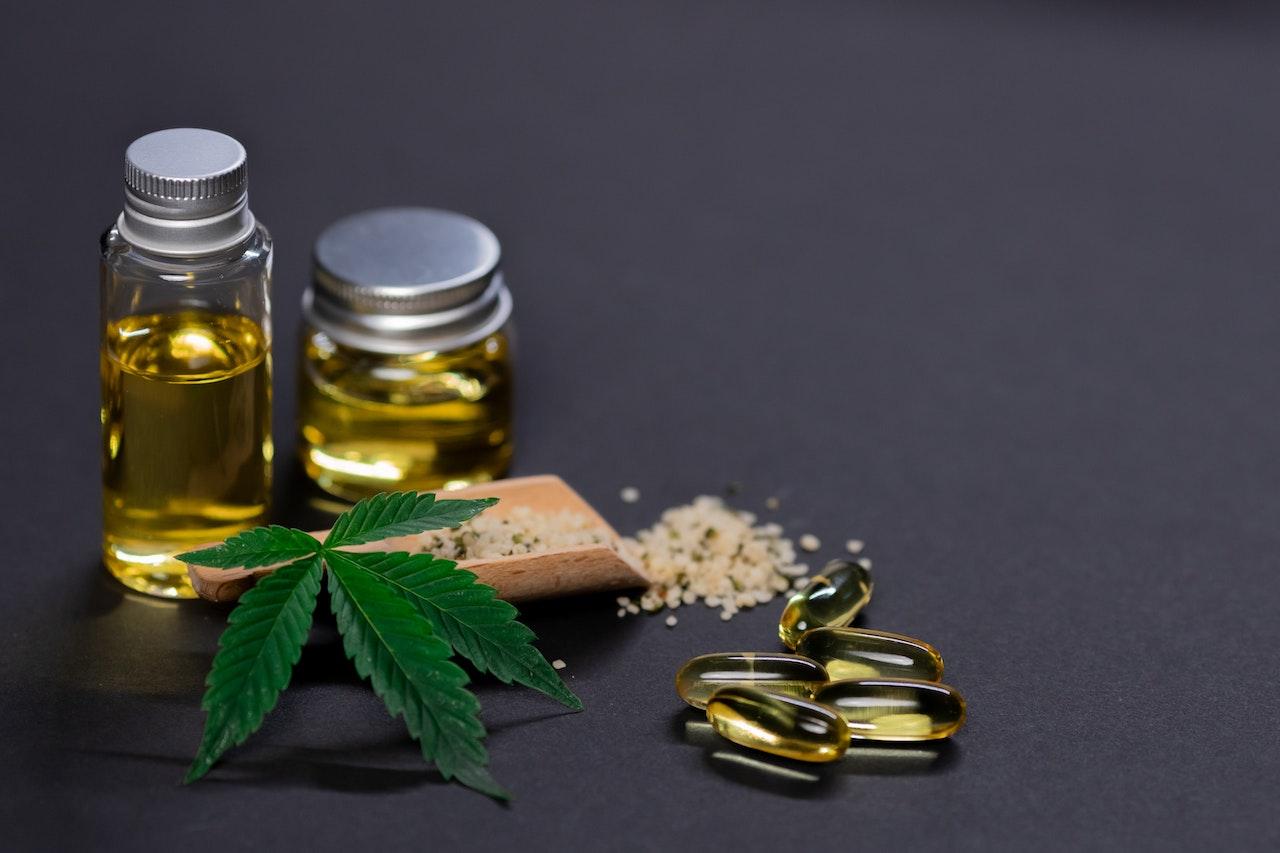There is rising worry regarding the impact of cannabis usage on mental health, even though cannabis is the most extensively used illegal substance globally. The dried buds of this plant are what people know as marijuana.
There are still laws in place to keep people from abusing cannabis. Nevertheless, medicinal marijuana is now legal in several states in the United States.
Table of Contents
Medicinal Cannabis: Advantages and Downsides
The question of whether or not cannabis should be used as a medicine is by no means settled. Both those in favor of and against the use of cannabis for medical purposes have solid arguments. There are still cannabis doctors Australia available that use cannabis for legal purposes.
However, you don’t need to worry about being caught in the middle of the debate about cannabis’s therapeutic potential. Listed here are the benefits and drawbacks of medicinal marijuana to help you gain a better understanding.
Advantages of Medical Cannabis
It might lessen inflammation
For optimal health, getting rid of the inflammation that might develop in many organs and tissues is essential. The cannabidiol included in cannabis, fortunately, has been shown to reduce swelling and pain.
Those with inflammatory bowel diseases such as rheumatoid arthritis, Crohn’s disease, and irritable bowel syndrome may benefit from using cannabis. Inflammation in the joints or intestines, for instance, is the root cause of a wide range of debilitating diseases.
Aids in the relief of nausea
Nausea is a common and unpleasant side effect of many drugs and medical procedures. Cannabidiol has been linked to reduced abdominal discomfort. And also normalizing metabolic processes, which may aid digestion. This interacts with the brain receptors to help control nausea. As an added benefit, it may help those vomiting their meals eat more.
Potential to alleviate chronic pain
Pain treatment is a major reason people turn to medical cannabis. The use of marijuana seems to help alleviate both muscular spasms and chronic pain. People with multiple sclerosis are also among those permitted to use cannabis.
Prescription opioid dependency may be mitigated by using medical marijuana. Compared to cannabis and its derivatives, opioids provide greater risks of overdose and addiction.
Downsides of Medical Cannabis
Negatively impact memory
As a common stereotype goes, those who regularly use cannabis suffer from memory lapses. In particular, this may be true for young individuals whose prefrontal brains may not mature until age 25. One study found that young individuals who started using cannabis before the age of 15 were more likely to have memory problems later in life.
For this reason, it’s crucial for states that allow recreational cannabis usage to impose age restrictions on users. Nonetheless, there are medical marijuana users who might medicate before this age to treat a wide range of ailments.
Impairs cognitive function
It’s early days for studies on the effects of cannabis on cognition. A publication discussing current research on the subject verified that cannabis’s acute effects are seen in people’s concentration and information-processing capacities. However, as with memory and cannabis usage, recovery occurs roughly a month or more after abstinence.
More investigation is needed since the study acknowledges several ways to interpret the data. Cannabinoid intoxication has been associated with mild to moderate impairments in memory, verbal learning, and some executive functions, including decision-making, according to a meta-analysis of 10 studies published in 2021.
On the other hand, long-term abstinence from cannabis usage was shown to reverse the effects that persisted after the first use. Neither linguistic nor perceptual-motor abilities were found to be significantly different.
Continual social stigma
As drug policy reform has advanced in several states throughout the United States in the last decade, the societal stigma associated with cannabis usage has somewhat diminished. The social stigma associated with cannabis usage persists, especially in countries where it is still banned for recreational and medicinal use. Yet, this stigma may be seen even in countries with legal programs.
Cannabis’s long history of criminalization and stigmatization may be traced back to misinformation and propaganda that portrayed the plant and its users in a negative light. As much progress has been made in reducing the negative connotations associated with cannabis, the fact remains that use remains socially unacceptable for many people.
In contrast to the social acceptance of alcohol use, cannabis users are generally stigmatized and treated differently. Those from marginalized communities are more likely to be subjected to harsh punishments for cannabis use, such as arrest, loss of employment, or removing a kid from the household.
Learn More About Medicinal Cannabis
Knowing the pros and cons of cannabis use, whether for therapeutic or recreational purposes, is important. Although it’s vital to acknowledge the positive effects of medical cannabis, it’s also important to have a realistic and neutral viewpoint. If you want to be well-informed about medical cannabis, keeping up with the latest research and laws on this issue is a good idea.
Also, Read – An Overview of GVM Upgrades




